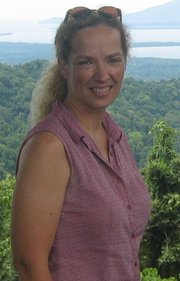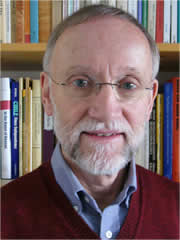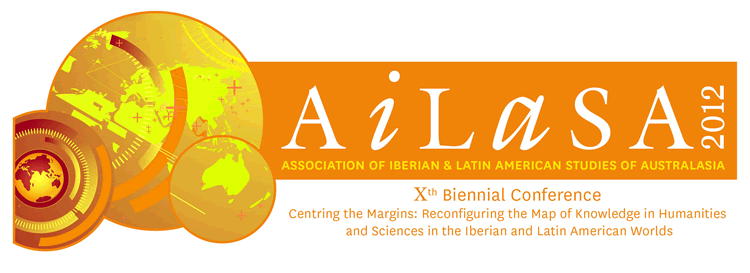
Cristóbal Kay
 Cristóbal Kay graduated from the
University of Chile and received his D. Phil from the University of Sussex. He
was a fellow of Centre of Socio-Economic Studies (CESO) of the University of
Chile, a lecturer at the University of Glasgow and is currently Emeritus
Professor of the International Institute of Social Studies in The Hague. He was the editor of the European Journal of Development Research, co-editor of the European Review of Latin American and
Caribbean Studies and currently is one of the editors of the Journal of Agrarian Change. He has a
longstanding commitment to development studies as an interdisciplinary field of
teaching, research and policy. Thus he has published widely in the area of
development theory and historical aspects of development studies with
particular reference to Latin America. He is the author of Latin
American Theories of Development and Underdevelopment, (1989, 2011), coeditor (with A. H. Akram-Lodhi) of Peasants
and Globalization: Political Economy, Rural Transformation and the Agrarian
Question (2009)
and has recently published 'Andre Gunder Frank: “Unity in
Diversity” from the Development of Underdevelopment to the World System’ in New Political Economy, 16(4), 2011.
Cristóbal Kay graduated from the
University of Chile and received his D. Phil from the University of Sussex. He
was a fellow of Centre of Socio-Economic Studies (CESO) of the University of
Chile, a lecturer at the University of Glasgow and is currently Emeritus
Professor of the International Institute of Social Studies in The Hague. He was the editor of the European Journal of Development Research, co-editor of the European Review of Latin American and
Caribbean Studies and currently is one of the editors of the Journal of Agrarian Change. He has a
longstanding commitment to development studies as an interdisciplinary field of
teaching, research and policy. Thus he has published widely in the area of
development theory and historical aspects of development studies with
particular reference to Latin America. He is the author of Latin
American Theories of Development and Underdevelopment, (1989, 2011), coeditor (with A. H. Akram-Lodhi) of Peasants
and Globalization: Political Economy, Rural Transformation and the Agrarian
Question (2009)
and has recently published 'Andre Gunder Frank: “Unity in
Diversity” from the Development of Underdevelopment to the World System’ in New Political Economy, 16(4), 2011.Lourdes Ortiz Sánchez
 Lourdes Ortiz Sánchez (Madrid, 1943) is an writer, academic, social commentator and translator. She spent many years as the Chair of Theory and Art History in the Escuela Superior de Arte Dramático in Madrid, and was Director from 1991-93.
Lourdes Ortiz Sánchez (Madrid, 1943) is an writer, academic, social commentator and translator. She spent many years as the Chair of Theory and Art History in the Escuela Superior de Arte Dramático in Madrid, and was Director from 1991-93.
Ortiz’s novels and short stories cover a range of genres and narrative styles. These include possibly Spain’s earliest example of crime fiction with a female detective (Picadura mortal); a number of historical novels which are clearly also a commentary on contemporary times (e.g. Urraca, La liberta, Las manos de Velázquez); and works which deal with such existential topics as illegal organ donation (La fuente de la vida), the life of immigrants and social outcasts (e.g. Fátima de los naufrágios), notions of identity and isolation (e.g. Antes de la batalla). Her essays cover both the work of other significant authors (e.g. Larra: escritos politicos, Conocer Rimbaud y su obra), critical theory (Comunicación crítica) and more esoteric (occasionally erotic) topics as Camas: un ensayo irreverente and El sueño de la pasión.
She has participated in various radio and television programmes, including “La Mirada Crítica” on Tele 5, as well as conferences and round table discussions dealing with topics including politics, current social issues, the role and contribution of women, and literature. She also regularly contributes opinion pieces on current issues to journals and daily newspapers (El Mundo, El País).


